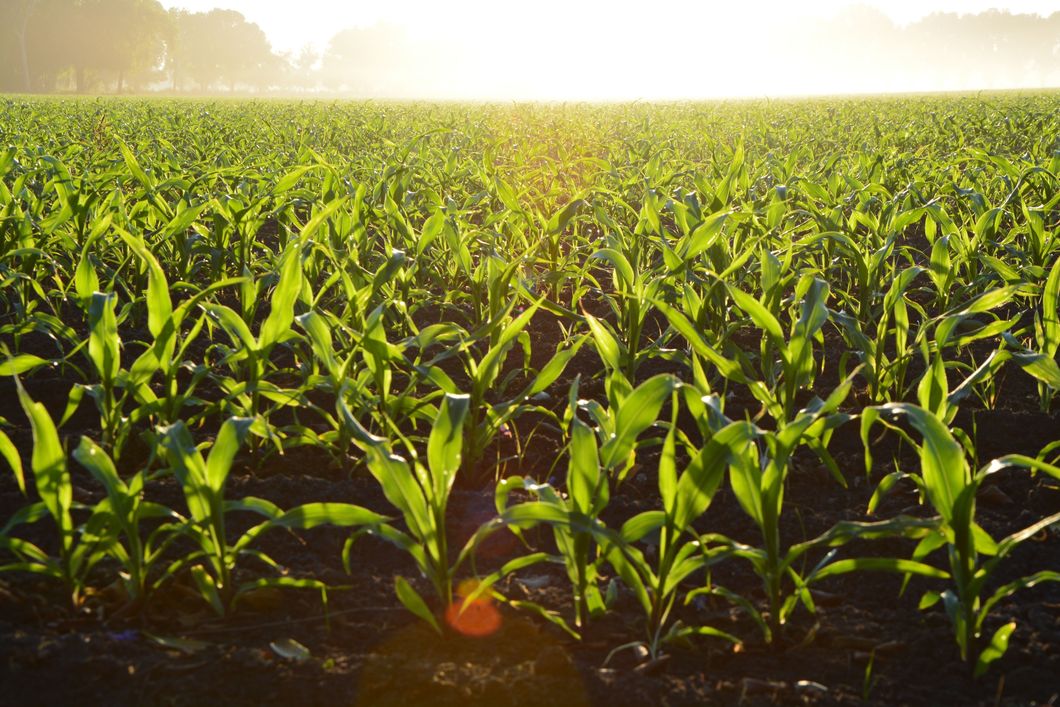Before I start this article, I would like to describe the difference between a genetically modified organism (GMO) and selective/cross breeding. A GMO is an organism whose DNA has been genetically engineered to produce a better product; scientists transfer good and desirable genes from one plant to another. Scientists do not create genes that they put in these organisms, there is nothing unnatural about what is going into GMOs. Selective breeding is when scientists consistently breed plants with desirable traits in order to produce offspring with the same desirable traits, which is how we end up with things such as seedless watermelon.
There are lots of common misconceptions about GMOs that come from a lack of knowledge on a confusing topic. Here are the top four myths about GMOs: busted!
1. There are hundred of GMOs!
False. There are currently only 10 different GMO foods in the United States: corn, soybeans, cotton, alfalfa, sugar beets, canola, squash and zucchini, papaya, and potatoes. We don't even consume cotton or alfalfa, and of the other eight, many of them aren't even super common. Even though GMOs are perfectly safe, there are very few that are actively produced.
2. GMOs cause cancer, autism, allergies, gluten intolerance, and other illnesses.
False. In the entire time GMOs have been on the market, they have never contributed to a single death or illness. Walking on the sidewalk is more dangerous than eating a GMO potato. In 2016, The National Academies of Science, Engineering, and Medicine conducted a study that found "no substantial evidence of a difference in risks to human health between current commercially available genetically engineered crops and conventionally bred crops." Researchers and industry experts analyzed over 20 years of data (how long GMOs have been on the market) and concluded that GMOs pose no risk to our health.
3. Non-GMO products and organic products are healthier than their GMO or non-organic equivalent.
This is very, very false. A GMO potato and a non-GMO potato are exactly healthy!
4. GMOs are terrible for the environment.
It's actually the opposite. GMOs help conserve water by creating more drought resistant crops. GMOs can help reduce how much pesticide is used because they are more resistant.
The concept of altering plants to make the end product more desirable for the consumer has been around for thousands of years. Don't be scared of GMOs, they're needed to keep up with the growing population of today! Educate yourself by reading articles that explain more about GMOs before buying into the market-created fear of GMOs.
Here are a few articles to check out to learn more!
In-depth myth vs. fact about GMOs!
A chart that explains what about the crops are genetically modified and why.



















